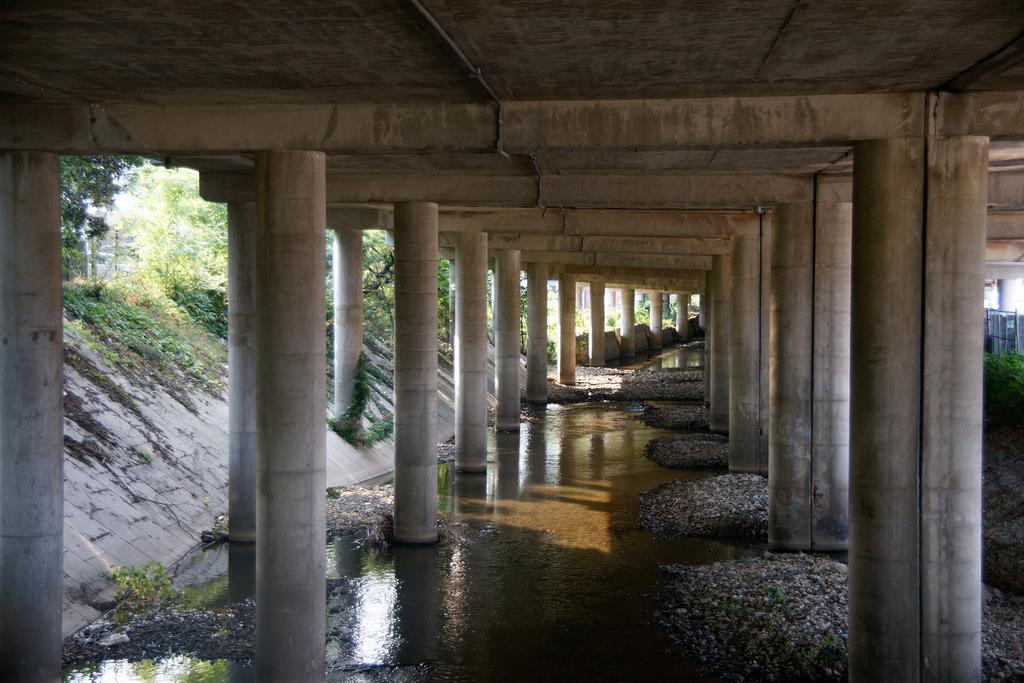The death of Supreme Court Justice Antonin Scalia, and speculations about the appointment of his successor, have dominated American headlines for days. We asked political scientist Joe Ura to take us back to the basics. He explains how Supreme Court justices influence American politics and the implications of a vacancy in an election-year.
ResearchGate: What is the importance of the Supreme Court in the American political system?
Joe Ura: The Supreme Court is the highest court in the United States. When a majority of the court’s justices judge some governmental action unlawful or unconstitutional, it has the power to declare it void and unenforceable. This means it has a considerable impact on some of the most controversial issues in American politics, including gun control, campaign finance laws, and health care. Given the difficulty of amending the U.S. Constitution, the Supreme Court is often, for all practical purposes, the final and authoritative voice on the permissible scope of governmental activity in the United States.
RG: What was unique or notable about Scalia as a justice?
Ura: Most importantly, Justice Scalia was the leader of one of the great intellectual movements in modern American law. His view that the U.S. Constitution and federal laws should be narrowly interpreted according to the original public meaning of their text proved to be a potent legal philosophy and a political rallying point for conservative activists and office-seekers. His views shape the jurisprudence of the Supreme Court on an array of important issues, including federalism and gun control. He also strongly influenced a generation of conservative lawyers and politicians, and his views on strict constitutional limits on government are now essential elements of conservative political thought and rhetoric in the United States. And, through his intellectual influence on the leadership of the contemporary conservative movement and the Republican Party, I think it is fair to call him easily one of the most important and impactful Supreme Court justices ever.



